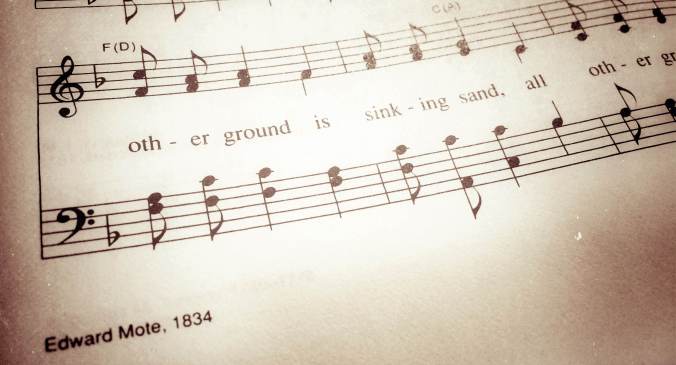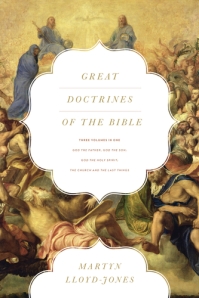One would expect any Christian to answer the question posed in the title with an affirmative and immediate, “Yes!” However, the daily decisions we make often tell another story.
We’re quick to recoil when we hear of horrific acts committed against children, marital infidelity, cold-blooded murder, or, you know, other really bad sins–especially, the sins of others. Yet, it’s our own day-to-day living, in both the major and the mundane, that we are often slow to consider. At times, we fail to measure the words we speak, the attitudes we choose, or the media we consume against the standard of God’s Word. It’s often in the name of cultural engagement that we capitulate to content that has no place in the life of a follower of Christ. After all, it’s much easier to row with the current of our culture than paddle upstream.
While preparing to teach at our church’s young adult community, I was reading through Ralph Venning’s The Sinfulness of Sin. Venning, a Puritan and English non-conformist, had a steadfast desire that Christ be exalted and that any measure of sin be–as it should–abhorred. Here are a few of his remarks that struck me as I read:
“One may suffer and not sin, but it is impossible to sin and not to suffer.”
“Sin can do, without the Devil, that which the Devil cannot do without sin, and that is, undo men [and women].”
“Sin is an evil beyond the skill and power of all creation to cure and to cleanse.”
It is clearly evident that Venning has considered carefully what divine Scripture reveals in no casual terms–that sin, in any measure, is utterly and totally evil.
Contemplate the words of Christ in Matthew 5:29-30…
“If your right eye causes you to sin, tear it out and throw it away. For it is better that you lose one of your members than that your whole body be thrown into hell. And if your right hand causes you to sin, cut it off and throw it away. For it is better that you lose one of your members than that your whole body go into hell.”
Jesus makes it clear that sin is not be tolerated (see esp., Eph. 5:3, 11). Sin must be dealt with swiftly and severely. Think of it…if I were to deal with sin as seriously as Christ commands above, others would surely take notice and likely consider me both foolish and fanatical. The question is, are we willing to be obedient, or is our greater concern what others will think?
Friend, every decision you make either serves to edify or erode your heart, and must be made with the utmost care (see Prov. 4:23-27). There is no such thing as the “neutral” Christian life. You’re either, by grace, pursuing “the holiness without which no one will see the Lord” (Heb. 12:14). Or, because any measure of sin is being tolerated, grievously, you’re moving backward.
Believer, in all of this, remember that you stand securely before the throne of grace solely on the merits of Christ by faith. Indeed, it’s in recognizing the putrid nature of our sin that allows us to view Christ in all his glorious sweetness. Therefore, in view of God’s rich grace toward us in Christ Jesus, let us make it our daily practice to make choices that will stir our affection for Christ, making no room for sin. Or, as John Owen has said, “Be killing sin or it will be killing you.”
Venning’s The Sinfulness of Sin is available for free, in PDF format, here.







